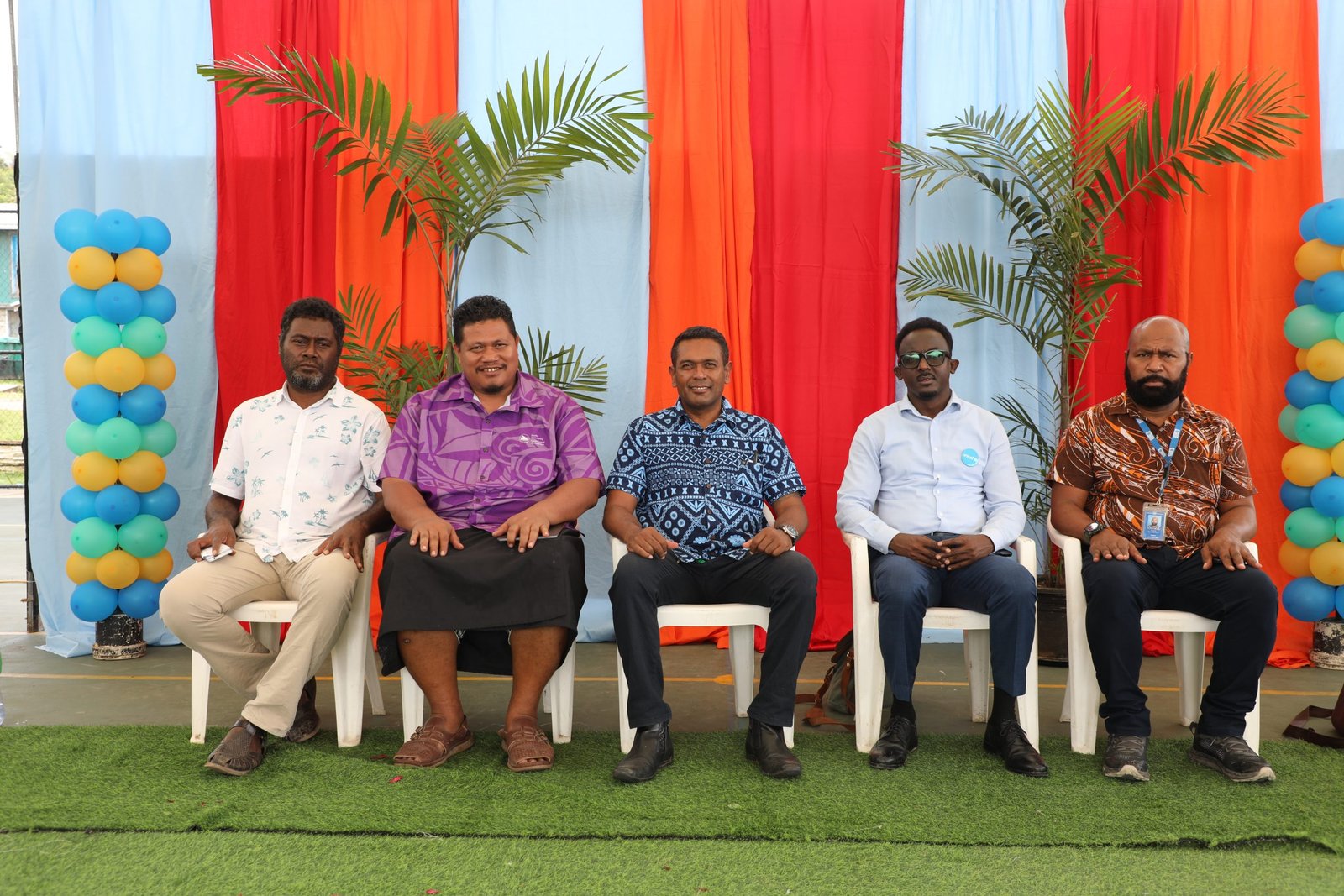
Solomon Islands Commemorates International Day for Disaster Risk Reduction 2025, Calling for Investment in “Fund Resilience, Not Disasters”
HONIARA, SOLOMON ISLANDS – Solomon Islands marked this year’s International Day for Disaster Risk Reduction (IDDRR), re-emphasizing the theme for 2025 of shifting national focus from disaster reaction to long-term resilience and prevention.
Delivering the official remarks on behalf of the Minister and Permanent Secretary of the Ministry of Environment, Climate Change, Disaster Management and Meteorology, Deputy Secretary Corporate Mr Karl Kuper said this year’s theme, “Fund Resilience, Not Disasters,” is presented as a call to action, challenging the population to shift its mindset from prevention to long-term resilience.
He emphasized that resilience is what defines the nation’s ability to stand together, recover, and move forward.
According to the Solomon Islands National Disaster Management Plan 2018, resilience is defined as: “The ability of communities, systems and institutions to anticipate, withstand, adapt to and recover quickly from the impacts of disasters and climate change, while maintaining essential functions and minimizing long-term harm”.
The IDDRR theme strongly aligns with the vision of the Government of National Unity and Transformation (GNUT). The GNUT Policy Blueprint emphasizes transformative governance, infrastructure investment, and youth empowerment pillars that directly support disaster resilience.
Prioritized areas for the GNUT include financial stability and risk-informed planning. These priorities are further reinforced by the National Disaster Risk Financing Strategy 2024–2027, which promotes risk layering, pre-arranged financing, and targeted support for vulnerable populations.
The 2025 IDDRR program focuses on students, schools, and the next generation. Resilience is viewed as starting with knowledge, empowering young people who understand hazards and preparedness to become powerful agents of change in their communities.
Mr Kuper issued a crucial Call to Action for a clear commitment toward global resilience efforts. This mandate specifically requires stakeholders to prioritize investments that fund resilience, not disasters. This involves dedicated resources channelled toward preparedness measures, the establishment of early warning systems, and comprehensive risk reduction initiatives. The necessity of this investment strategy was highlighted by the clear justification that “Every dollar spent on preparedness saves many more in response”.
The commitment was made to transform the nation’s experiences into lessons and challenges into opportunities, working through the GNUT’s vision and national frameworks to build a Solomon Islands where disasters no longer define the country, “but where resilience does”.
Ends//
– National Disaster Council
